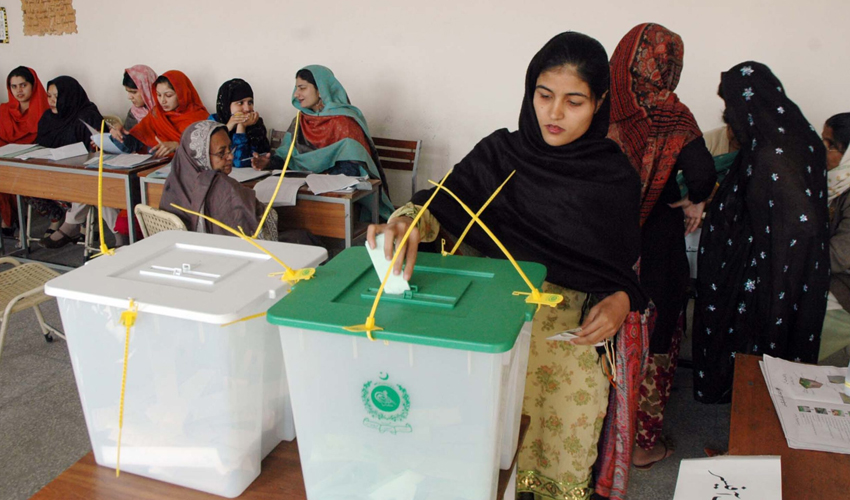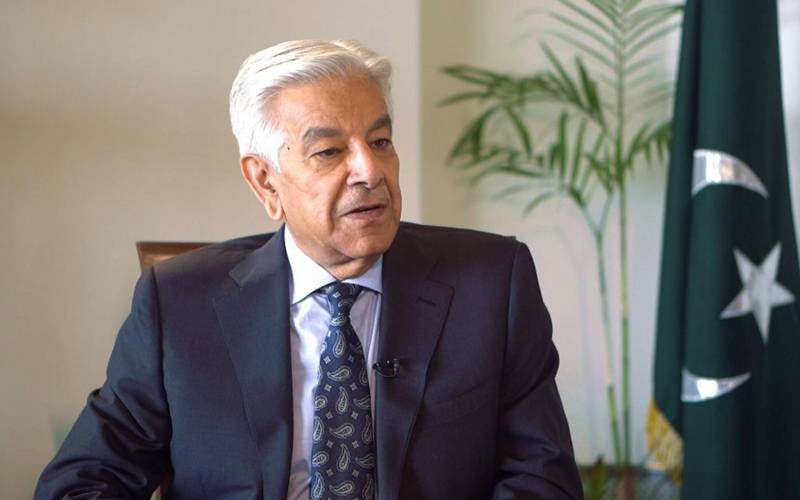The Free and Fair Election Network (FAFEN) has proposed a three-stage methodology for the audit of election results, urging the Election Commission of Pakistan (ECP) to scrutinize the results of constituencies that have been duly challenged by political parties and candidates at the appropriate legal fora using data analytics and forensics to establish the legitimacy of the outcome of General Election 2024.
Such an audit must include representatives nominated by the political parties concerned as well as independent observers to ensure the transparency and credibility of the process.
FAFEN has been advocating since 2013 for the Election Commission to conduct scrutiny of results of all constituencies before the notification of winners in an effort to strengthen the integrity of election outcomes and to minimize the post-election disputes that linger on in election tribunals beyond legally stipulated deadlines.
The post-GE-2024 situation warrants an urgent and prompt response by the Election Commission to ascertain the veracity of the claims of illegalities and irregularities by political parties and candidates, and as a prerequisite to establish that the GE-2024 results truly reflect the will of the people.
FAFEN’s proposed audit is a technical investigation that is purely based on the physical evidence i.e. official election documentation available with the Election Commission under Section 99 of the Elections Act, 2017.
These documents include: tamper-evident bags containing the packets containing the ballot papers each of which shall be sealed with the seal of the Presiding Officer or, if opened by the Returning Officer, with the seal of the Returning Officer and the packets containing the counterfoils of issued ballot papers while the packets containing the marked copies of the electoral rolls used in the poll.
Must Read: FAFEN commends voters' electoral spirit but expresses concerns about delay in results
The packets containing the Ballot Paper Account contained the packets containing results of the count, provisional and final consolidated statement of results of the count and final consolidated results and the packets containing the Tendered Ballot Papers included in the count; the Tendered Ballot Papers excluded from the count; the Tendered Votes List, and the Challenged Ballot Papers included in the count; the Challenged Ballot Papers excluded from the count; the Challenged Votes List; and the Spoilt Ballot Papers; while such other papers as the Commission may direct.
Since most challenges to election results revolve around Form-45 and their subsequent consolidation, FAFEN urges the ECP to also clarify the legality of multiple copies of the forms that are generated on the Election Day.
Under Election Act, 2017 and corresponding rules, there are multiple copies of Form 45:
- Copy sealed by the Presiding Officer in a temper-evident bag that is placed in the bag of election material
- Picture of Form-45 transmitted by the Presiding Officer to the Returning Officer through mobile app
- Original copy sealed in a temper-evident bag by the Presiding Officer for physically delivering it to the Returning Officer
- Copy that is affixed by the Presiding Officer outside the polling stations
- Copy that is retained by the Presiding Officer for own record
- Copy sealed in a temper-evident bag by the Presiding Officer for dissemination to the District Election Commissioner
- Copies that are given by the Presiding Officer to polling agents at the polling stations; and
- Copy that is given by the Presiding Officer to the observer.
The Elections Act, 2017 does not establish which copy will be considered legal in case the available and produced copies are different and duly signed and there is a dispute.
FAFEN has also called upon the Election Commission to encourage the political parties and candidates to promptly reach out to it with their complaints of illegalities and violations of the Elections Act, 2017.
According to Section 9(1) of the Act, if, from facts apparent on the face of the record and after such enquiry as it may deem necessary, the Commission is satisfied that by reason of grave illegalities or such violations of the provisions of this Act or the Rules as have materially affected the result of the poll at one or more polling stations or in the whole constituency including implementation of an agreement restraining women from casting their votes, it shall make a declaration accordingly and call upon the voters in the concerned polling station or stations or in the whole constituency as the case may be, to recast their votes in the manner provided for bye-elections.
The Commission may exercise these powers before the expiration of sixty days after publication of the name of returned candidate in the official gazette; and, where the Commission does not finally dispose of a case within the said period, the election of the returned candidate shall be deemed to have become final, subject to the decision of an Election Tribunal on an election petition, if any.
While exercising these powers, the Commission shall be deemed to be an Election Tribunal to which an election petition has been presented. Any person aggrieved by a declaration of the Commission under this section may, within thirty days of the declaration, prefer an appeal to the Supreme Court.



























